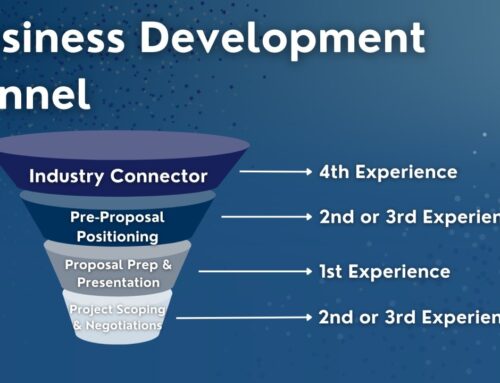 I noticed that I dropped the ball on my “Turnover Tipping Points” series back in ’09. I never gave you the 4th in the quad. Perhaps it had something to do with the fact that, in 2009, there was so much ‘turnover’ that was involuntary. It seemed almost crass to continue to talk about why people leave jobs. There was also a sense that the “rules of the game” were changing.
I noticed that I dropped the ball on my “Turnover Tipping Points” series back in ’09. I never gave you the 4th in the quad. Perhaps it had something to do with the fact that, in 2009, there was so much ‘turnover’ that was involuntary. It seemed almost crass to continue to talk about why people leave jobs. There was also a sense that the “rules of the game” were changing.
Managers, take heed: I have come to the conclusion my truisms are universal, economic context notwithstanding.
Today’s turnover “tipping point” discussion is about The Empty Nest. When the kids leave the home – to become independent adults, go to college or graduate from college – adults often take inventory of place.
Many professionals cannot consider a job change – especially one which requires relocation – when the kids are in high school. Elementary school? No sweat! The young ones make friends like they change sweaters. Middle school? Okay! What middle schooler doesn’t want a fresh start? High School? Not happening! If not deterred by academic considerations, then most will likely be waylaid by the utter hostility the suggestion of relocation evokes in a typical teen (as if there weren’t enough ruffled feathers already!).
As a result, there is often a pent up desire for change that stirs once the shackles of high school stability unlock. Motivations can be varied, ranging from desires to try something or somewhere new and different to very tangible needs for bigger paychecks to put the kids through college. I’ve spoken to more than a few people who are ready to leave the suburbs and get back to the city as a lifestyle choice — something they specifically avoided with adolescents in the home.
Bottom line is, as a manager, you should stay reasonably aware of what is going on in your employees’ personal lives to understand how and why it may affect the stability of your team. The behaviors outlined in this series are not necessarily scientific fact, but I see them happen often enough, anecdotally, to postulate a bona-fide pattern. Wisdom comes through experience.





Leave A Comment